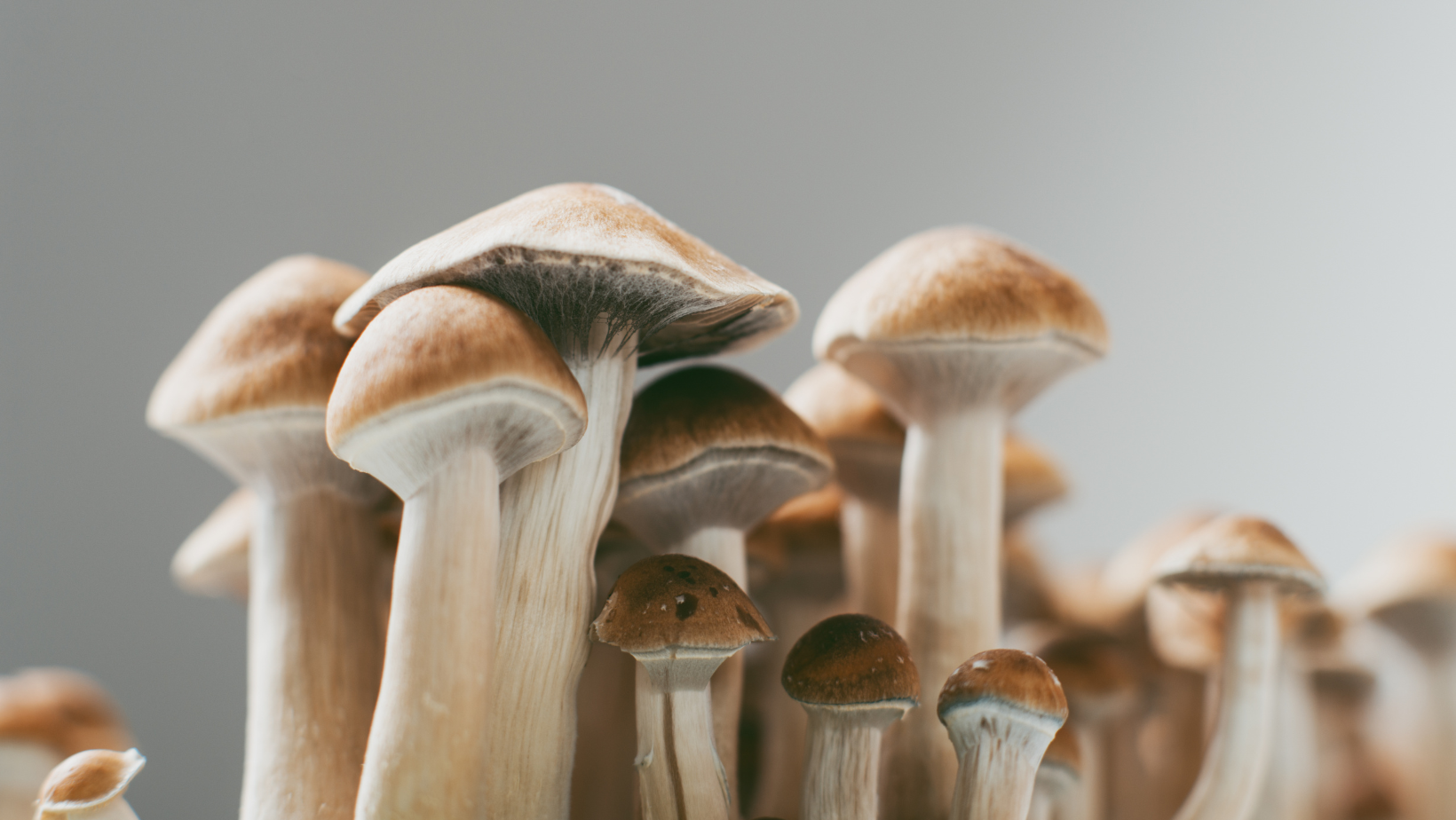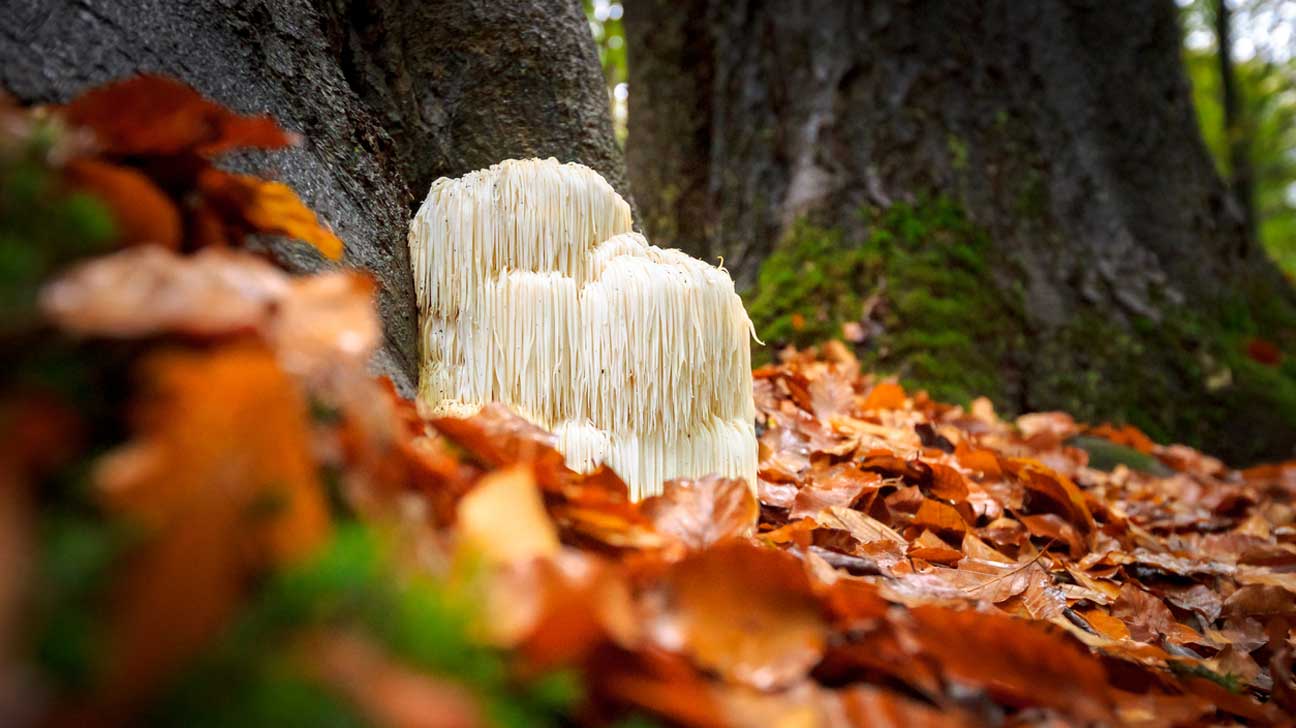
Fruiting Body vs. Mycelium - Which Mushroom Extract Is Right for You
There’s no doubt about it; mushrooms have become one of the hottest topics in wellness in recent years. From the gourmet to the functional, the once underrated fungi are now rightly being recogn...

The Marvellous Mane of the Forest: 10 Potential Benefits of Lion's Mane Mushroom
Unless you've been living under a rock for the last couple of years, you've probably heard about Lion's Mane. The mushroom has become one of the most famous fungi in the world, with more critical ...
